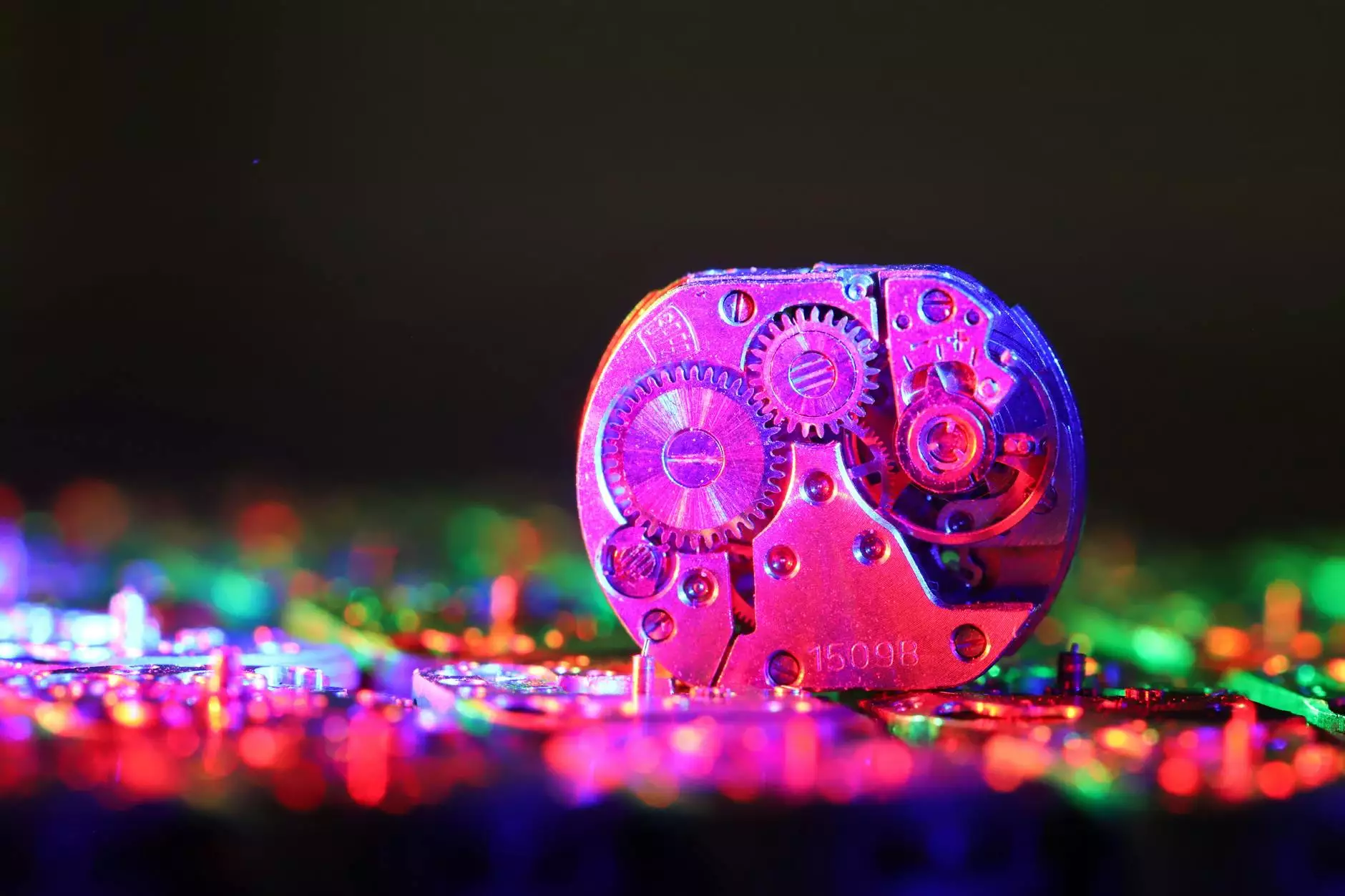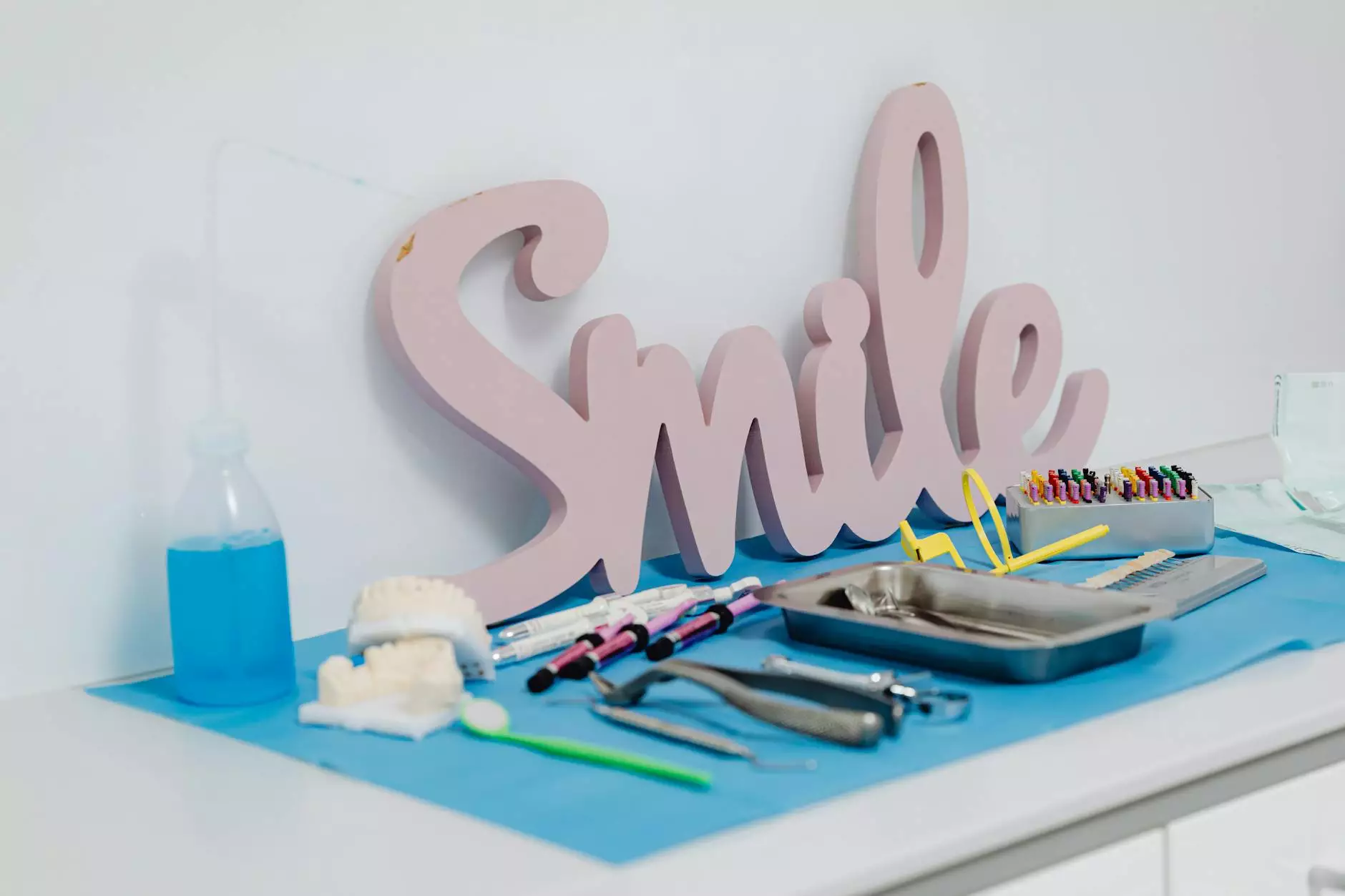The Comprehensive Guide to Water Treatment Supplies

Understanding Water Treatment Supplies
Water treatment supplies encompass a wide range of products designed to ensure the safety, cleanliness, and quality of drinking water. These essential supplies play a crucial role in the water purification process, making them integral to both residential and commercial settings. As global water concerns rise, understanding the various types of treatment supplies becomes more important.
The Necessity of Water Treatment
Access to clean and safe drinking water is a fundamental human right. However, due to pollution, industrial waste, and natural contaminants, water sources are often compromised. This is where water treatment supplies come into play. By utilizing these resources, individuals and organizations can significantly reduce health risks associated with contaminated water.
Health Impacts of Water Contamination
Contaminated water can lead to a host of health problems including, but not limited to:
- Gastrointestinal diseases
- Reproductive issues
- Neurological disorders
- Developmental delays in children
These health challenges underscore the need for effective water treatment solutions.
Types of Water Treatment Supplies
Water treatment supplies can be categorized into several types based on their functions. Here are the main types:
1. Filtration Systems
Filtration systems are essential in removing solids, contaminants, and impurities from water. Common types include:
- Activated Carbon Filters: Effective in removing chlorine and enhancing taste.
- Reverse Osmosis Systems: Utilizes a semi-permeable membrane to eliminate 95-99% of dissolved salts and contaminants.
- Sand Filters: Ideal for larger systems to filter out larger particles.
2. Chemical Treatment Supplies
Chemicals are used to treat water by neutralizing harmful microorganisms and contaminants. Common chemical treatments include:
- Chlorine and Chloramine: Widely used for disinfection.
- Coagulants: Assist in the removal of suspended particles.
- pH Adjusters: Help maintain the ideal pH level for water quality.
3. UV Light Systems
Ultraviolet (UV) light systems are an eco-friendly method of disinfection that kill bacteria and viruses without adding chemicals to the water.
4. Water Softeners
Water softeners are products used to reduce hardness in water caused by high levels of calcium and magnesium, protecting plumbing and enhancing soap effectiveness.
How to Choose the Right Water Treatment Supplies
Selecting the right water treatment supplies for your specific needs depends on various factors including:
1. Source of Water
Understanding the origin of your water is critical. Is it from a municipal source, well, or treated water? Different sources may have different contaminant profiles.
2. Purpose of Treatment
Determine whether you're treating for drinking water, irrigation, or industrial use, as this will influence the choice of supplies.
3. Contaminants Present
Testing your water can reveal the specific contaminants present, guiding you to the appropriate treatment technologies.
Finding Reliable Water Treatment Supplies
When searching for water treatment supplies, it's essential to find a reputable supplier. Here are some tips to consider:
1. Research Suppliers
Look for suppliers like Bimak Kimya who specialize in water purification services, ensuring they provide quality products tailored to your needs.
2. Read Reviews
Customer feedback can provide insight into a supplier's reliability, product quality, and service levels.
3. Evaluate Product Offerings
Ensure that the supplier offers a comprehensive range of products that fit your specific water treatment needs.
4. Customer Service
A good supplier will provide exceptional customer service, assisting you with technical advice, and product selection.
Environmental Impact of Water Treatment Supplies
Choosing eco-friendly water treatment supplies can greatly reduce environmental impact. Some points to consider include:
- Energy Efficiency: Opt for systems that consume less energy.
- Biodegradable Products: Choose chemicals that break down naturally.
- Reduction of Waste: Select systems that produce less sludge or waste material.
The Future of Water Treatment Supplies
The future of water treatment supplies is evolving rapidly due to technological advancements and increasing environmental concerns. Innovations in water purification, such as smart water systems and enhanced filtration technologies, are emerging to meet the rising demand for safe water.
1. Smart Water Management
Smart technology integrates sensors and IoT to monitor water quality and supply in real-time, allowing for proactive treatment adjustments.
2. Sustainable Practices
More manufacturers are focusing on creating sustainable products, from sourcing materials responsibly to offering recyclable options.
3. Community Involvement
Encouraging communities to engage in water treatment practices also plays a significant role in ensuring access to safe water. Educating the public about the importance of water treatment supplies can drive demand and innovation.
Conclusion
In conclusion, understanding and utilizing quality water treatment supplies is essential for safeguarding water resources. It not only contributes to public health but also fosters a sustainable environment. Investing in the right supplies ensures that both present and future generations have access to clean and safe drinking water.
For comprehensive solutions, visit Bimak Kimya, where you can find a variety of products suited for all your water purification needs.









